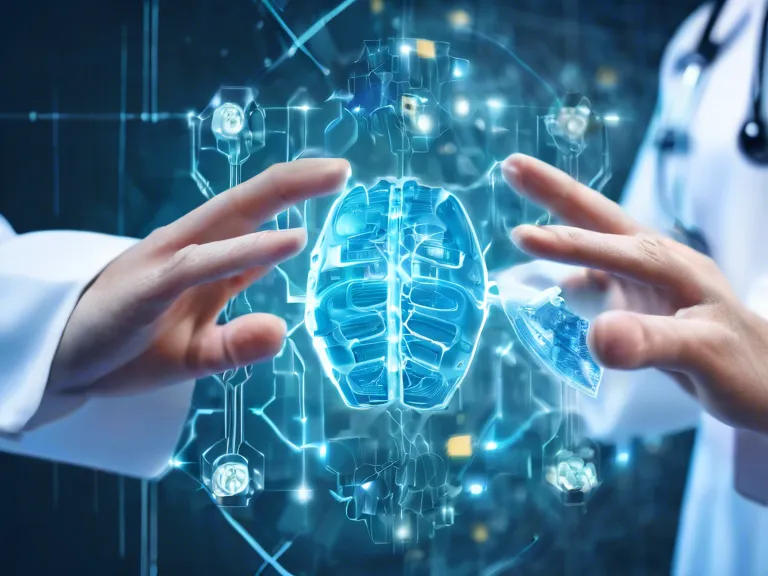
Artificial Intelligence (AI) has been revolutionizing the healthcare industry with its ability to analyze vast amounts of data and provide insights for diagnosis, treatment, and patient care. From personalized medicine to predictive analytics, AI-driven breakthroughs in healthcare are transforming the way we approach healthcare delivery. But what's next in this rapidly evolving field? Let's explore some exciting possibilities.
One area where AI is making a big impact is in clinical decision support. By analyzing patient data and medical literature, AI systems can help healthcare providers make more accurate diagnoses and treatment decisions. This can lead to better outcomes for patients and more efficient use of healthcare resources. In the future, we can expect to see AI-powered tools that can predict disease progression, recommend personalized treatment plans, and even assist in surgery procedures.
Another promising application of AI in healthcare is in drug discovery and development. By analyzing genetic data and molecular pathways, AI algorithms can identify potential drug candidates faster and more accurately than traditional methods. This can lead to the development of new and more effective treatments for a wide range of diseases, including cancer, infectious diseases, and rare genetic disorders.
AI is also being used to improve patient outcomes through remote patient monitoring and telemedicine. By collecting and analyzing data from wearable devices and sensors, AI systems can detect early warning signs of health problems and alert healthcare providers. This can help prevent unnecessary hospitalizations, reduce healthcare costs, and improve overall patient well-being.
Looking ahead, the possibilities for AI-driven breakthroughs in healthcare are truly endless. From virtual assistants for healthcare providers to personalized medicine based on an individual's unique genetic profile, the future of healthcare is being shaped by AI technology. As we continue to harness the power of AI in healthcare, we can expect to see even more innovative solutions that improve patient care, streamline healthcare delivery, and ultimately save lives.



